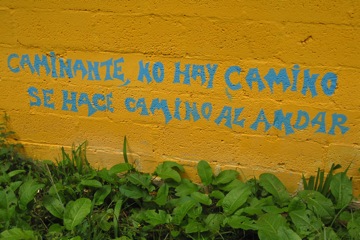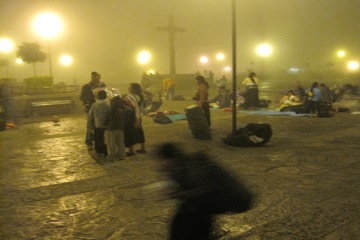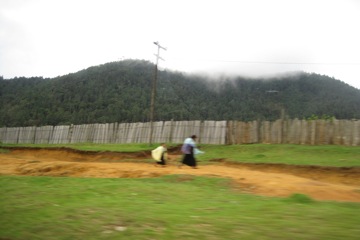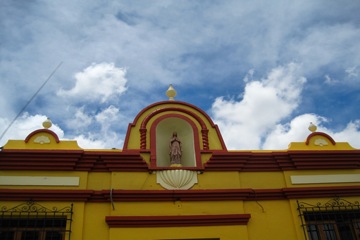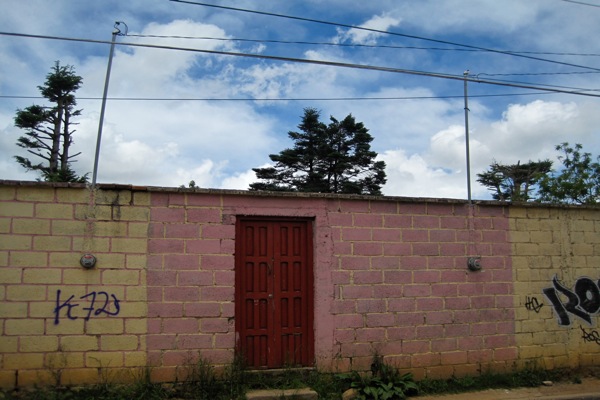
Photos: author
“What do you mean, not tourists?” asked my friend Mauricio on our recent trip to Chiapas. “You mean these people (travelers) really make this distinction?”
Mauricio’s an anthropologist, and a traveler, but one who hasn’t made traveling into the ethic, philosophy and career it often is nowadays. He may be averse to staying in a $100/night fresa hotel and heading out on a mass tour to Agua Azul, but he wouldn’t necessarily envision these choices as the scorn of tourism and the elevation of the traveler’s quest to proportions of mystical suffering. They’re just part of getting to know a place.
